Resources

Theologians on "the margins" reflect on how their experience of ethnic and racial minority has influenced their theology and how this relates to the "American Dream." (From the Publisher)
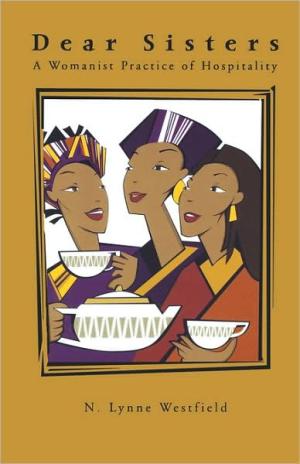
From the Publishers What allows African American women not just to survive, but to become resilient? N. Lynne Westfield finds an answer to this question as she examines the Dear Sisters' Literary Group. As a Womanist scholar, Westfield reflects on the ways in which the hospitality of the group relates to the long-standing African American tradition of concealed gatherings, the Christian tradition of hospitality, and Christian education.

The long-awaited reprint of one of SPD's most popular titleS, this book features a new foreword by Gloria E. Anzaldua, as well as an updated bibliography. It also includes the original 1981 foreword (Toni Cade Bambara), the original preface (Cherrie L. Moraga) and the original introduction (Anzaldua & Moraga). (From the Publisher)
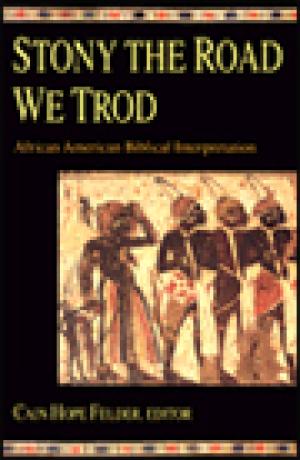
A hallmark of American black religion is its distinctive use of the Bible in creating community, resisting oppression, and fomenting social change. What can critical biblical studies learn from the African American experience with the Bible, and vice versa? This singular volume marks the emergence of a critical mass of black biblical scholars. Combining sophisticated exegesis with special sensitivity to issues of race, class, and gender, the authors of this scholarly collection examine the nettling questions of biblical authority, blacks and African in biblical narratives, and the liberating aspects of Scripture. Together they are reshaping and redefining the questions, concerns, and scholarship that determine how the Bible is appropriated by church, academy, and the larger society today. (From the Publisher)
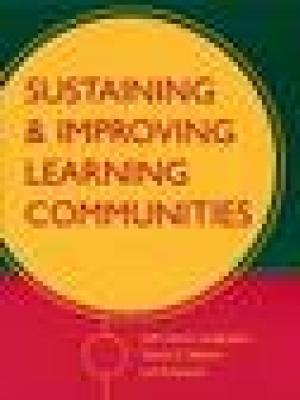
In this new book, the authors of Creating Learning Communities advance the exploration of this important innovation in undergraduate education. They address issues involved in enhancing, sustaining and expanding learning communities, such as campus culture, curriculum, pedagogies, and faculty development. (From the Publisher)
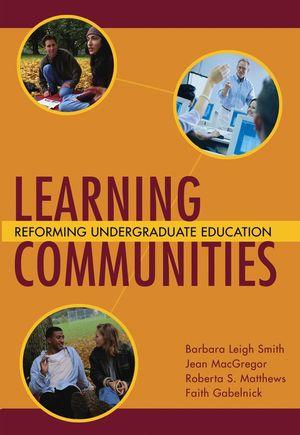
Learning Communities is a groundbreaking book that shows how learning communities (LCs) can be a flexible and effective approach to enhancing student learning, promoting curricular coherence, and revitalizing faculty. Written by Barbara Leigh Smith, Jean MacGregor, Roberta S. Matthews, and Faith Gabelnick¾acclaimed national leaders in the learning communities movement¾this important book provides the historical, conceptual, and philosophical context for LCs and clearly demonstrates that they can be a key element in institutional transformation. (From the Publisher)
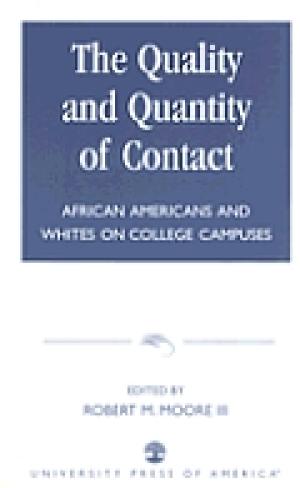
The authors present to the reader, meaningfully and responsibly, the quality and quantity of contact between African Americans and whites on predominantly white campuses across our nation. (From the Publisher)
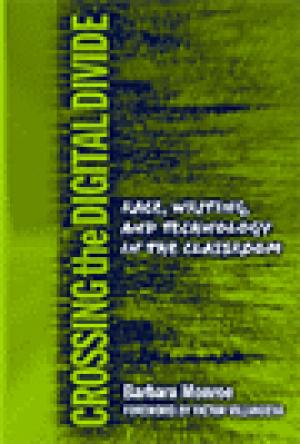
As poor, non-white communities on "the other side" of the digital divide become immersed in electronic media, how can we evaluate their experiences to transform the teaching of writing and literature and improve student learning? This important book offers a balanced view of instructional technology and critical multiculturalism as experienced in today’s public schools. With valuable insights to help English educators at all levels working in all types of schools, this accessible volume features: * Case studies of high-poverty secondary schools as they come online, offering an examination of the literacy practices of some of the country’s most underserved students on Indian reservations and in central cities. * A unique approach to teaching writing and literature at both high school and middle school levels, including practical suggestions for classroom practice. * A compelling analysis and critique of the contrasting rhetoric of American adolescent minority groups, differences in their early language socialization, and the impact of those differences on academic performance. * A fresh angle on the public policy debate on access to technology, arguing that high-poverty schools do not have student access and, when they do, computers are used to "reform," rather than "transform" schooling. (From the Publisher)
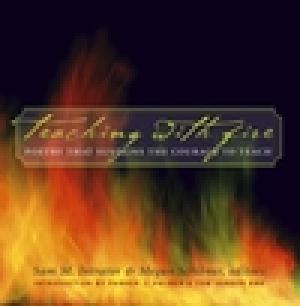
Those of us who care about the young and their education must find ways to remember what teaching and learning are really about. We must find ways to keep our hearts alive as we serve our students. Poetry has the power to keep us vital and focused on what really matters in life and in schooling. Teaching with Fire is a wonderful collection of eighty-eight poems from such well-loved poets as Walt Whitman, Langston Hughes, Billy Collins, Emily Dickinson, and Pablo Neruda. Each of these evocative poems is accompanied by a brief story from a teacher explaining the significance of the poem in his or her life's work. This beautiful book also includes an essay that describes how poetry can be used to grow both personally and professionally. Teaching With Fire was written in partnership with the Center for Teacher Formation and the Bill & Melinda Gates Foundation. Royalties from this book will be used to fund scholarship opportunities for teachers to grow and learn. (From the Publisher)
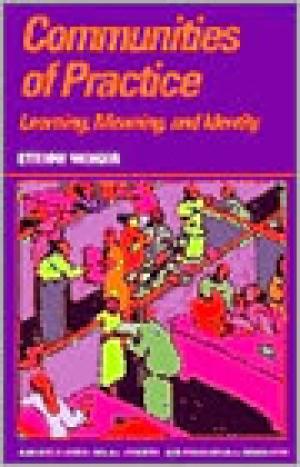
Communities of Practice presents a theory of learning that starts with this assumption: engagement in social practice is the fundamental process by which we learn and so become who we are. The primary unit of analysis of this process is neither the individual nor social institutions but rather the informal "communities of practice" that people form as they pursue shared enterprises over time. In order to give a social account of learning, the theory explores in a systematic way the intersection of issues of community, social practice, meaning, and identity. The result is a broad conceptual framework for thinking about learning as a process of social participation. (From the Publisher)